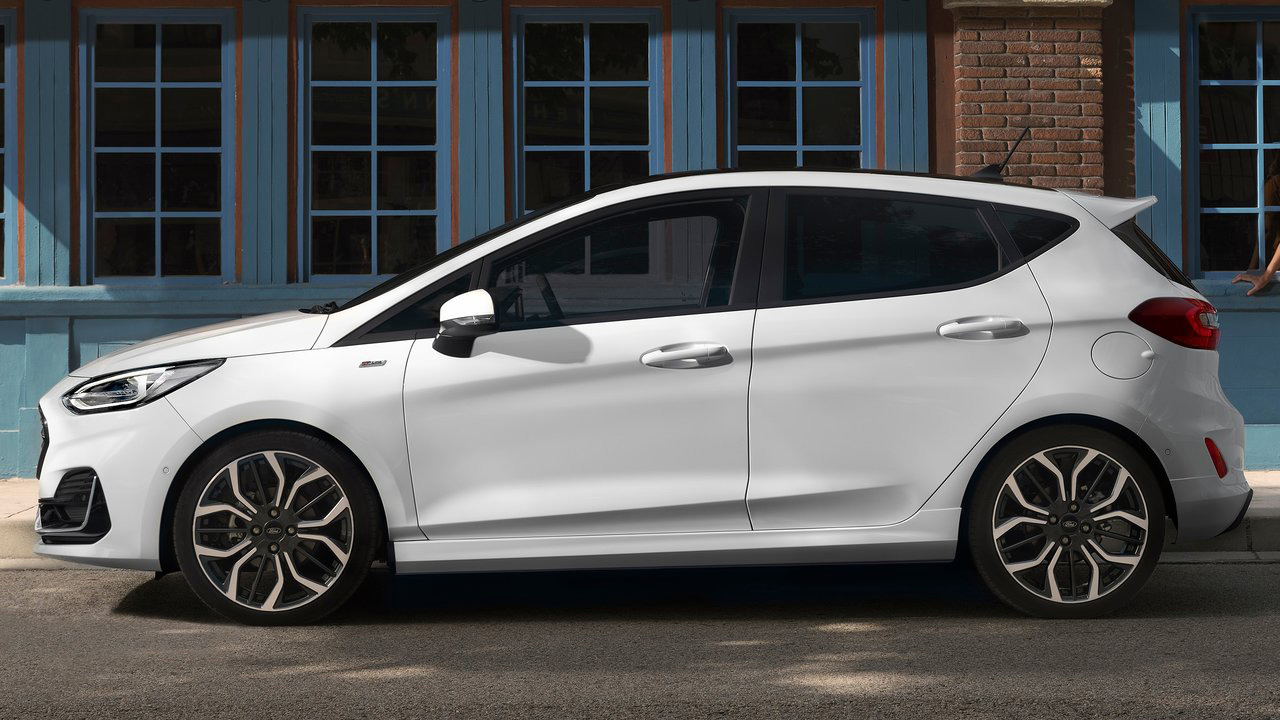Earlier this year, Ford announced its skunkworks department is developing a low-cost EV platform to compete with Tesla and Chinese EV makers in 2026. Marin Gjaja, COO of the Ford Model E division, told Autocar that this new platform will initially support American EVs like the Mustang Mach-E, European Explorer EV, and the new Capri, before expanding to other markets.
"We are spending a decent amount of time at the corporate level talking about affordability. We know we need to do it and it's a muscle we need to build up over time," said Gjara. He noted Ford's limited offerings in affordable segments, with the smallest current model being the Puma crossover, starting at £25,800 ($33,150) in the UK.
Reentering the affordable segment requires Ford to be both affordable and profitable. Gjara emphasized the challenge of competing with low-cost, high-quality Chinese EVs. Ford needs an affordable entry-level model to attract buyers who may later upgrade to an Explorer or similar.
Ford hasn't specified which cars will use the new platform, but it will likely be smaller than current models, possibly a crossover under the Escape and Mustang Mach-E, potentially Puma-sized. Given the Puma's introduction in 2019 and the new platform's 2027 readiness, the new architecture could underpin a future Puma for both Europe and the USA.
In the U.S., small cars like the Fiesta and Focus were discontinued due to low demand. However, if Ford prices its small EVs correctly, they could succeed in Europe, where small cars are popular. Gjaja mentioned, "Our sense is the uptake on electric vehicles will be more smaller vehicles over time. That's where you will see the most acceleration because that's the group that's going to be most sensitive to fuel costs."
Future Ford EVs will have unconventional styling, disappointing traditionalists hoping for a classic Fiesta revival. The new Capri exemplifies this new design approach. The skunkworks program is led by Alan Clark, a former Tesla engineer who worked on the Model 3. The goal is to create the most efficient EV platform.
The new platform will likely use lithium-iron-phosphate batteries, which are durable and affordable. Gjaja explained, "You're taking $20-$30 per kilowatt hour out of the battery... With a 100 kWh battery, that's a lot [of cost out]. But if you're someone who charges a lot, the battery is far more durable and can take probably five times the duty cycles."
Ford aims to elevate its brand from "cheap, cheerful, reliable transportation" to offering premium products. The Puma marked the first step in this direction, and the new Explorer aims to continue this trend. Gjaja concluded, "We need to go and build that and deliver on that promise to customers. Then we will be able to see if we can get the price realization from our customer set that justifies a vehicle like this."
Source: Autocar

